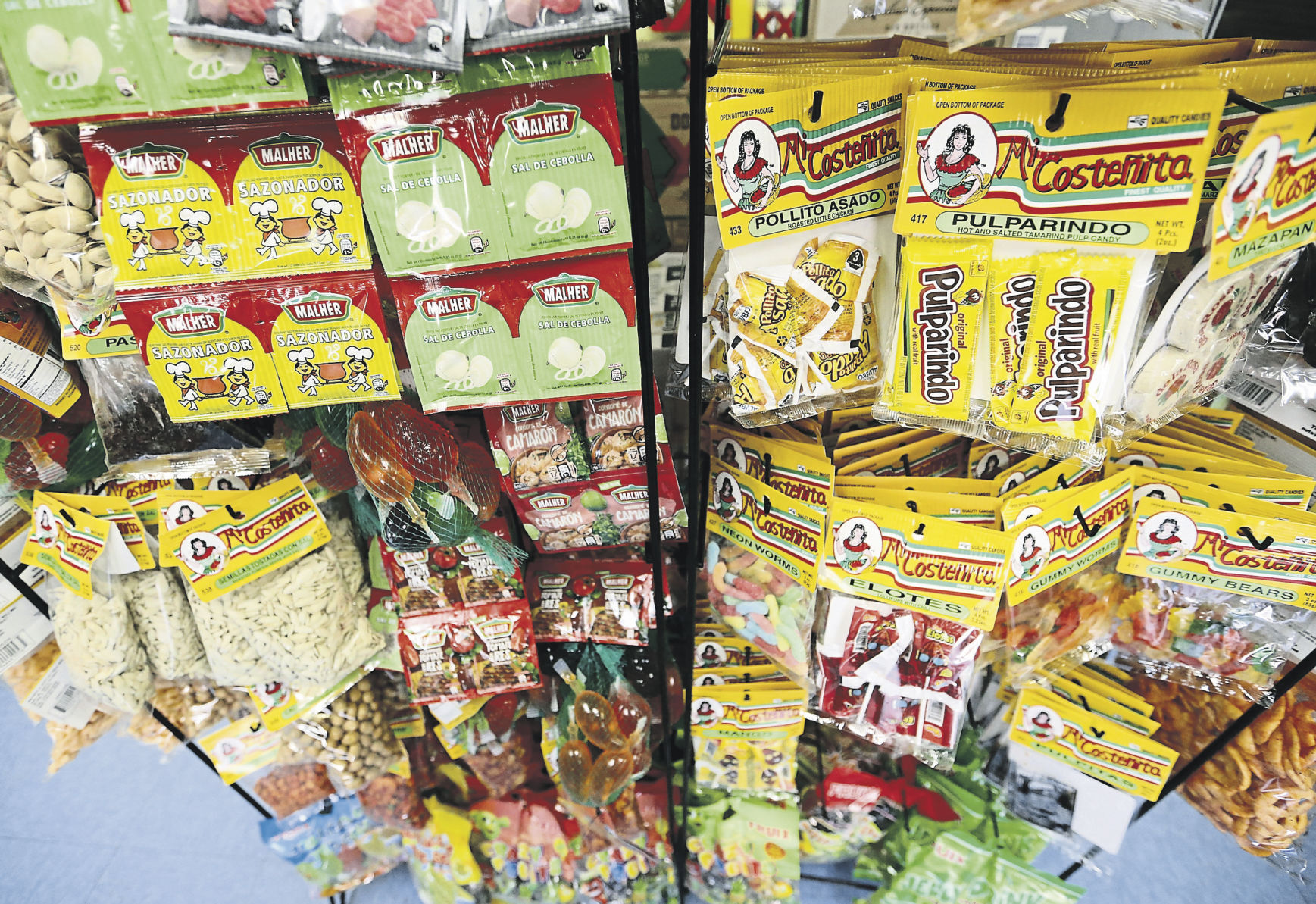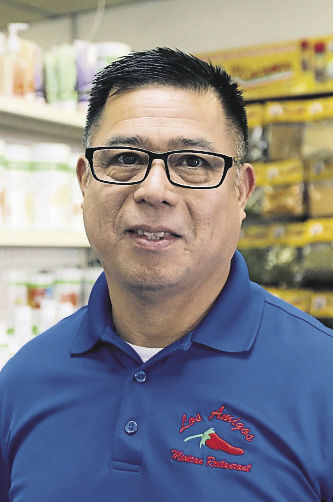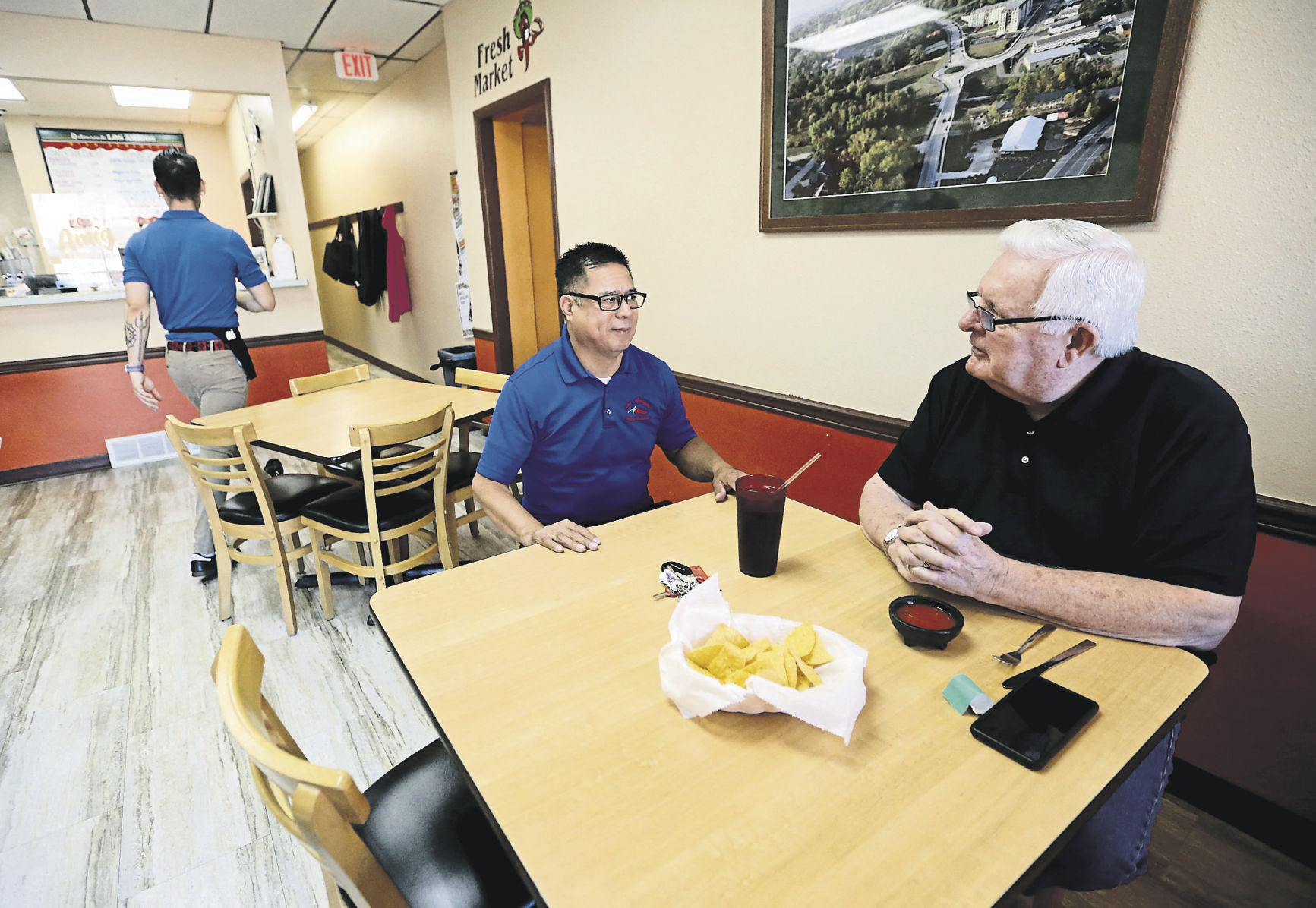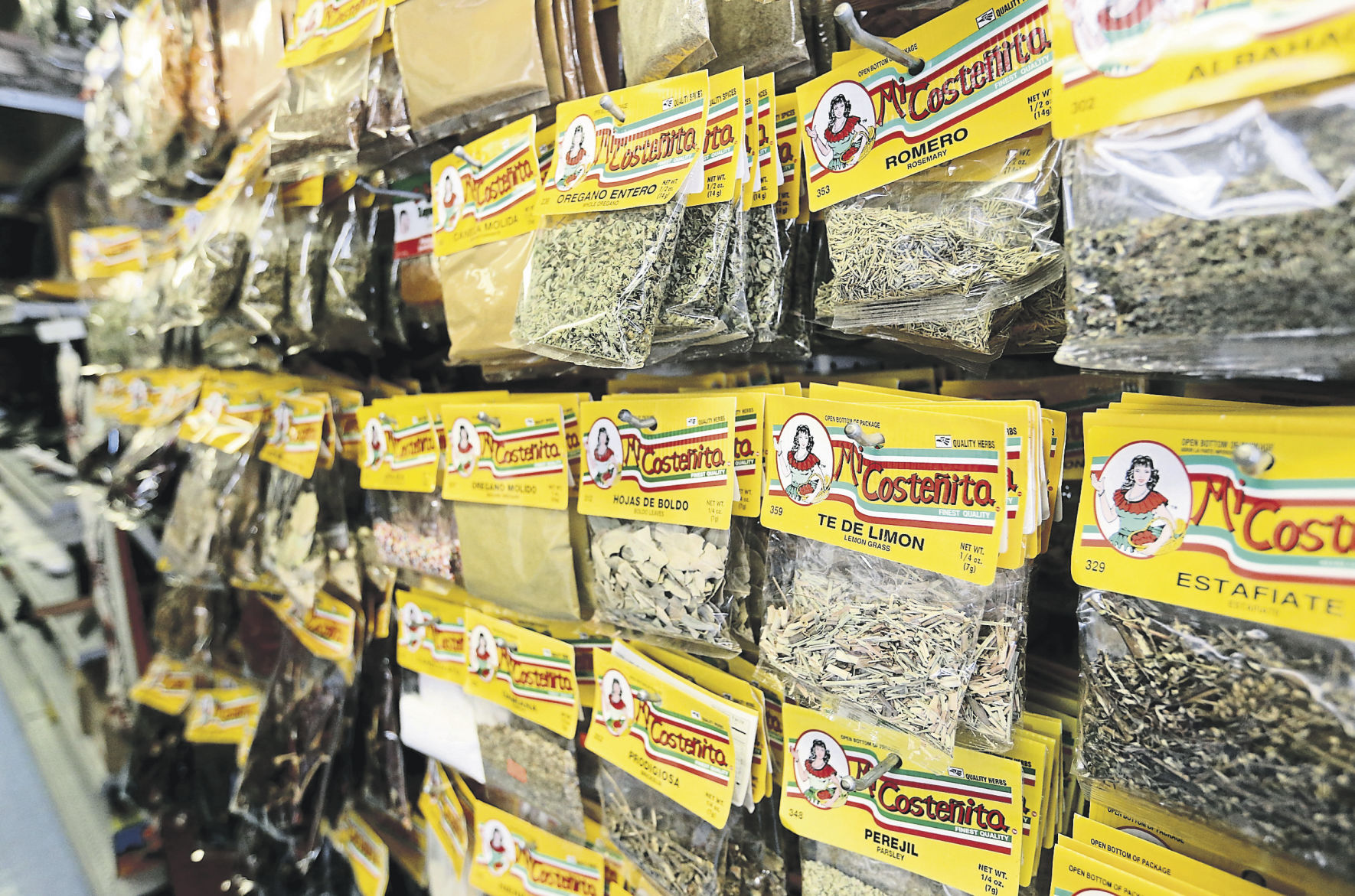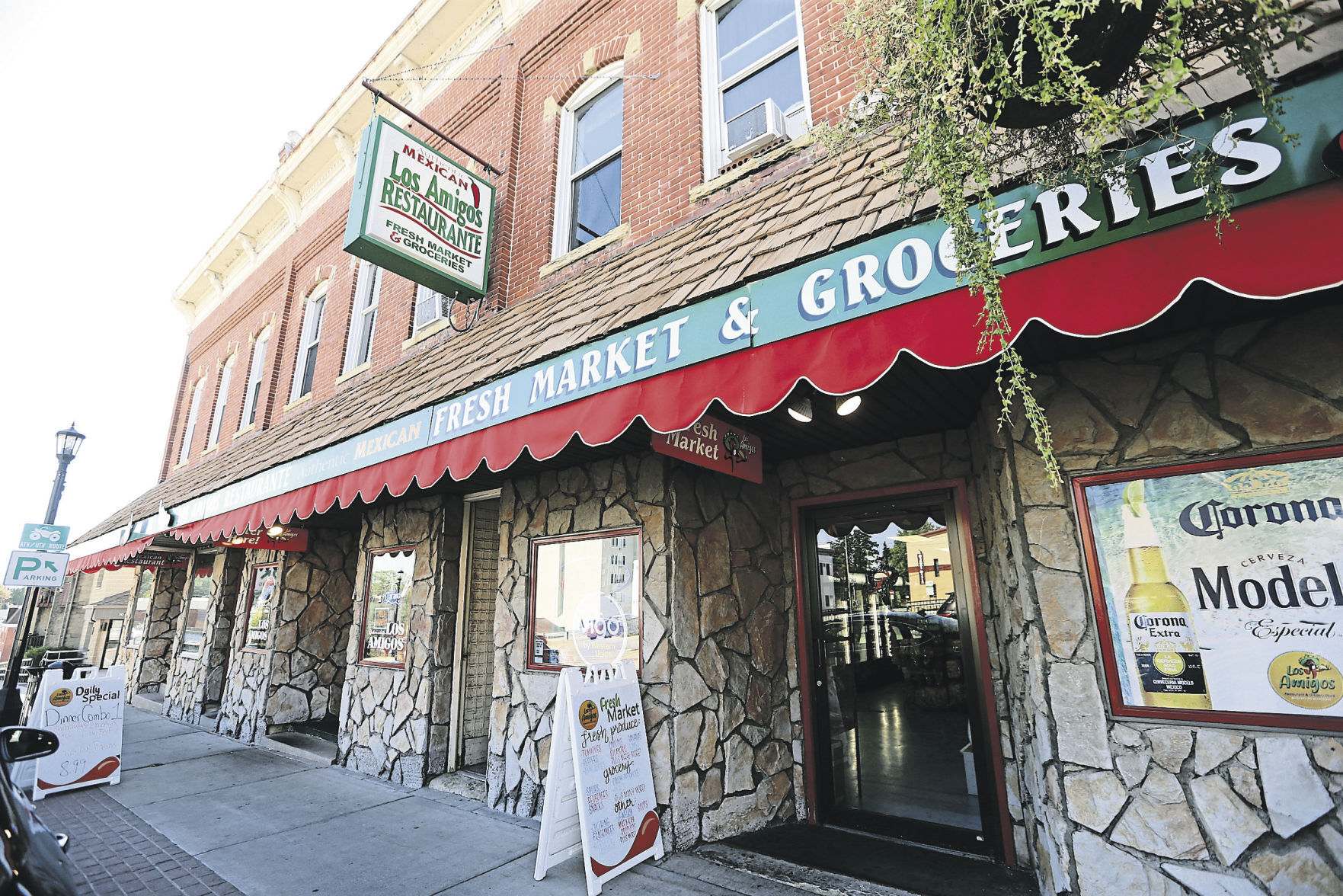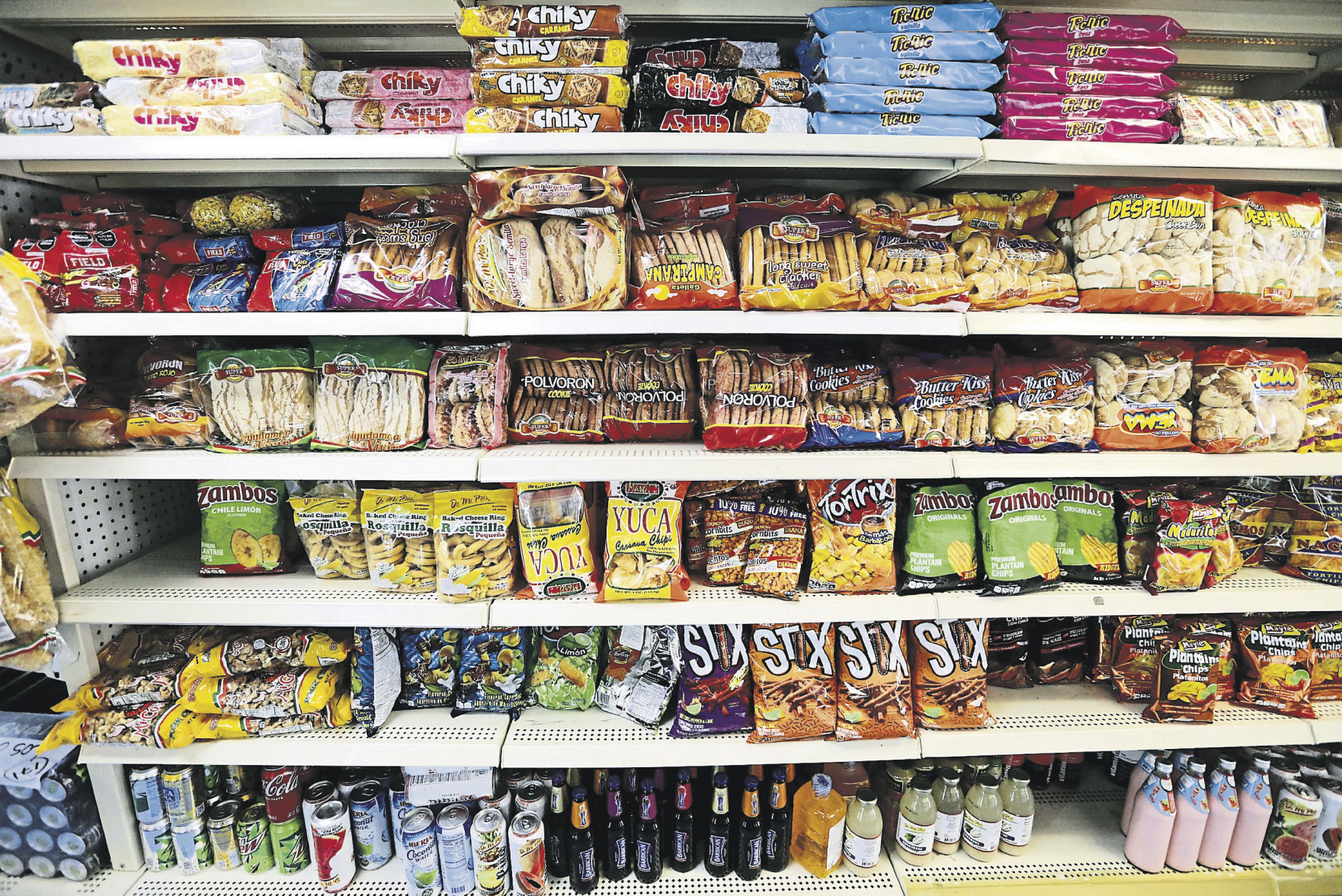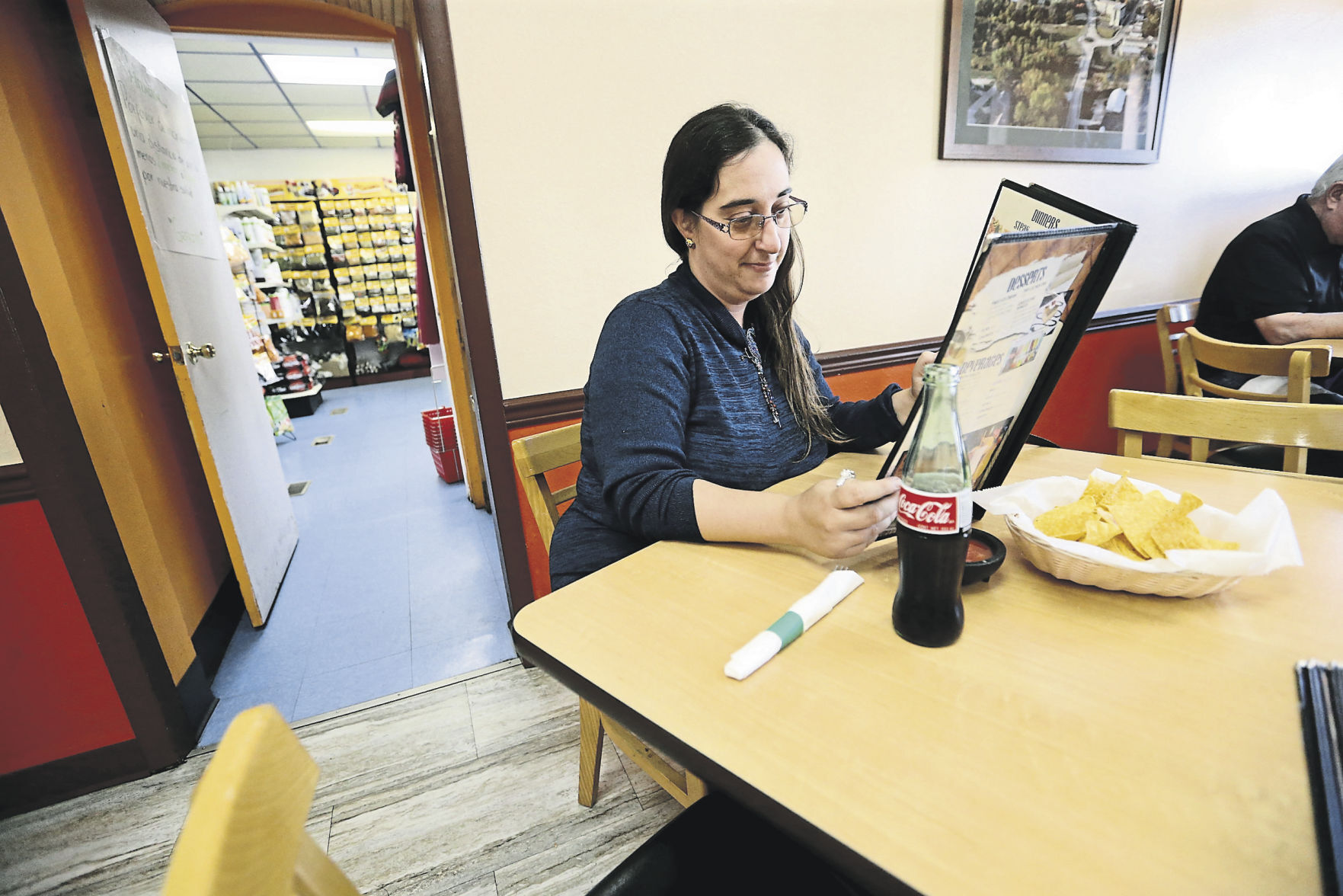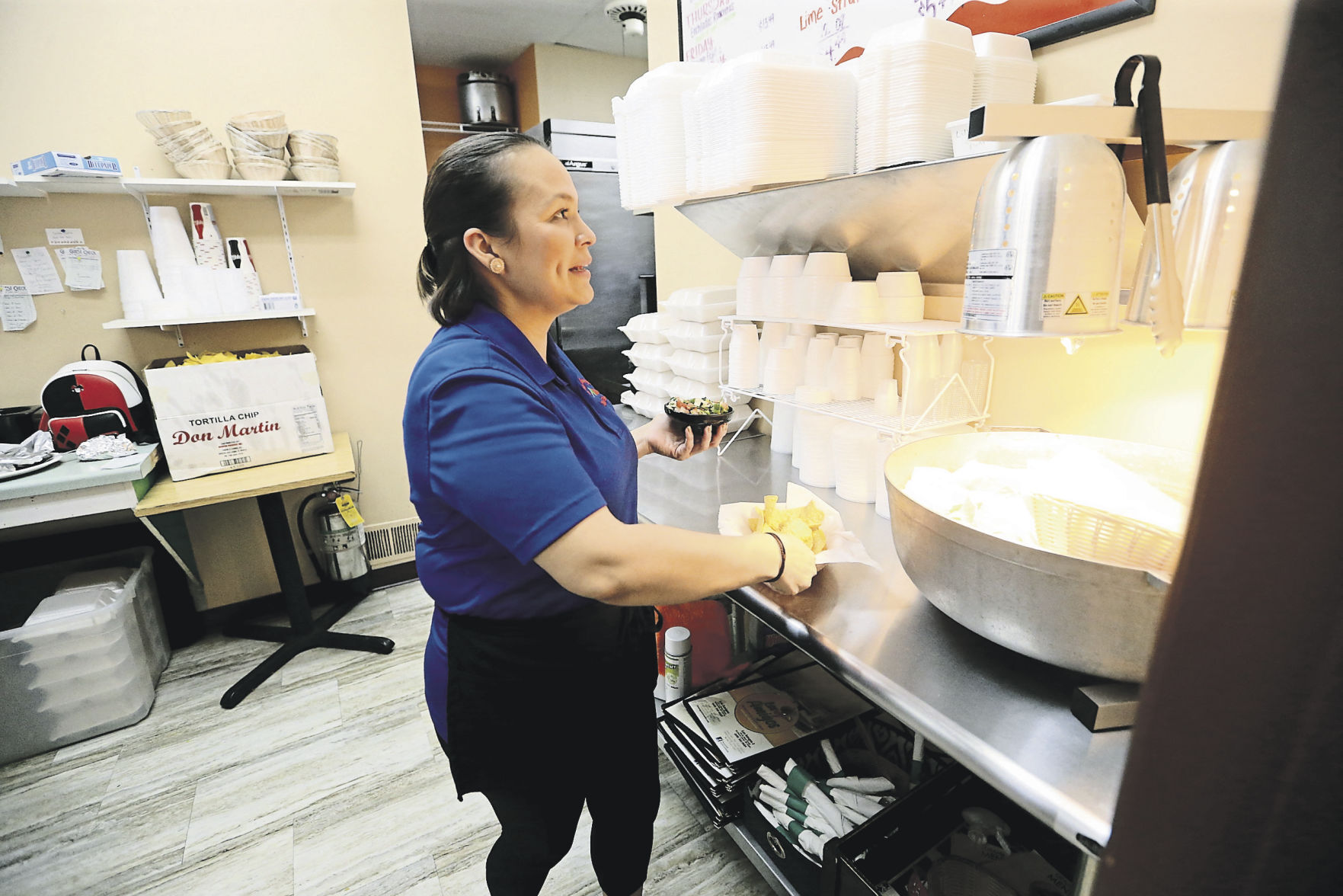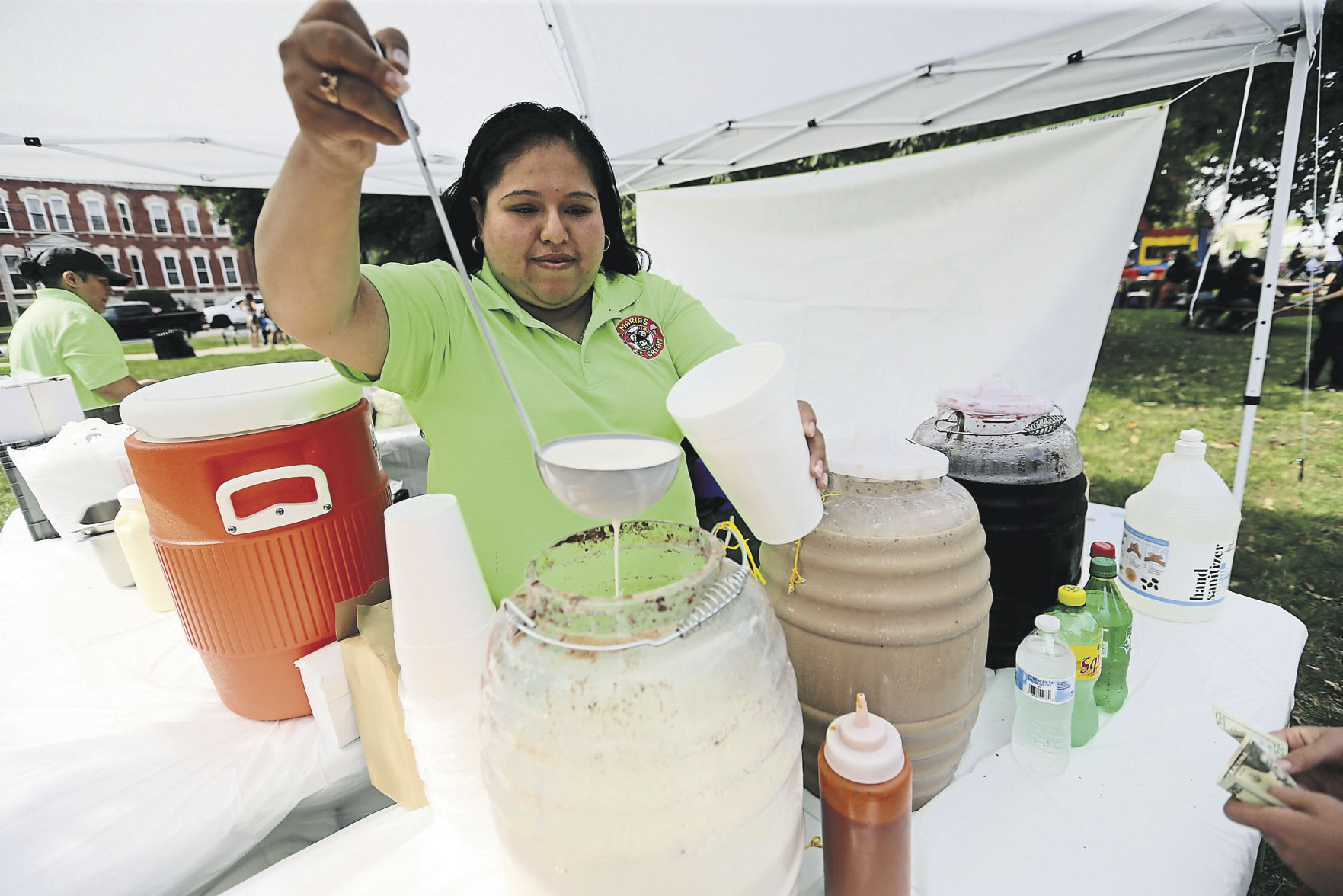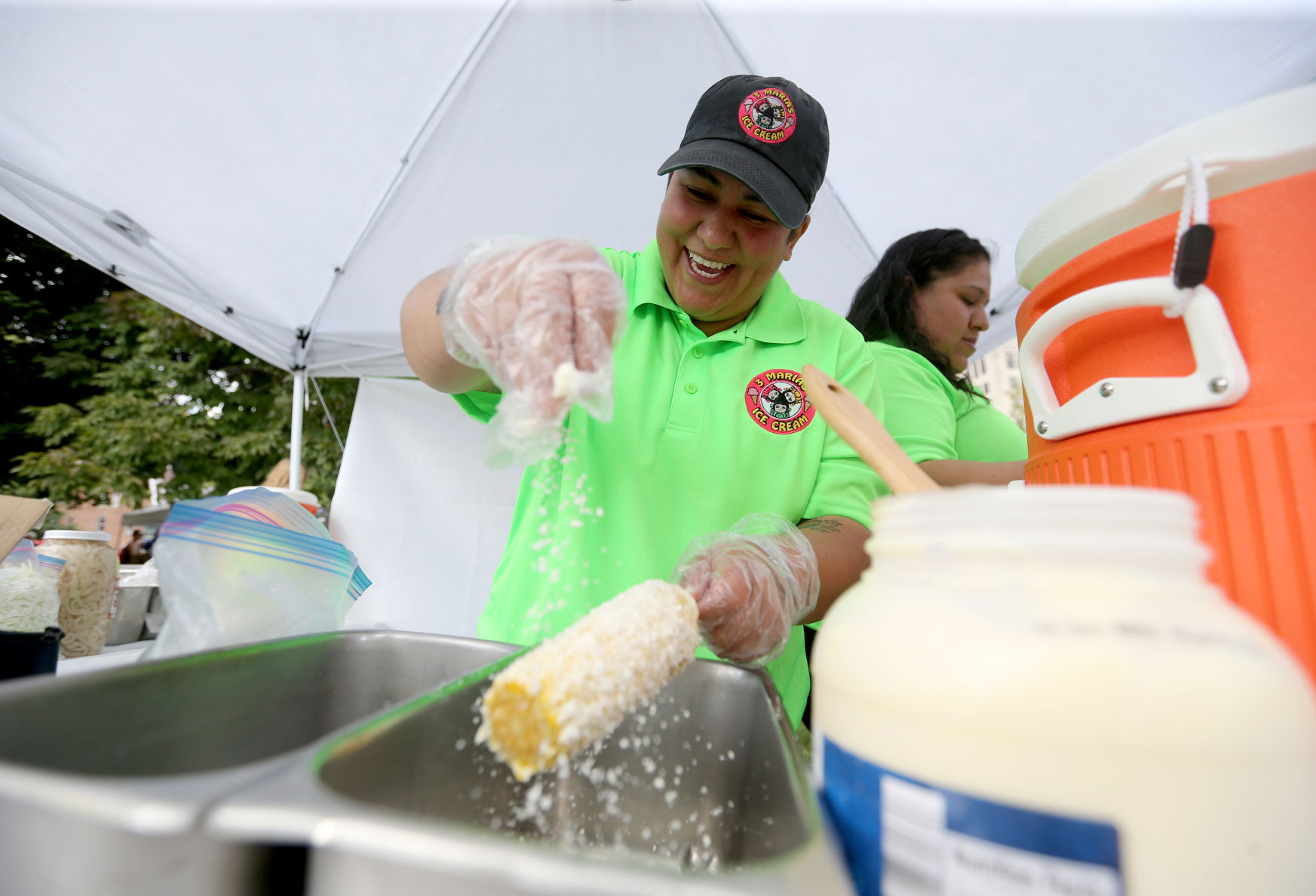PLATTEVILLE, Wis. — In the nearly two decades since he opened Los Amigos Mexican restaurant, owner Carlos Vasquez has watched his business blossom.
“We have done a lot in the past 18 years,” said Vasquez, a native of El Salvador.
Beginning in a small space at 135 E. Main St., Los Amigos has expanded to offer additional seating, an adjoining grocery store and a catering service, as well as a second location in Richland Center.
The restaurant is one of multiple area eateries and grocery stores owned and operated by members of the Hispanic and Latino community.
As the U.S. concludes its observance of Hispanic Heritage Month, celebrated from Sept. 15 to Oct. 15, the owners of several of these businesses reflected on the role their establishments play in the area’s growing Latino community.
“We like to be connected with the Hispanic community,” Vasquez said. “A lot of people need help, especially if they don’t speak the language here … so it’s very important for us to support them and help them if we can.”
A GROWING PRESENCEA month ago, Gov. J. B. Pritzker estimated that Illinois is “home to roughly 112,000 Latino-owned businesses, accounting for 10% of business owners with employees across the state.”
One of those establishments is Latin Brothers II, a Mexican grocery store located at 245 N. Main St. in Galena.
Local resident Martha Garcia has owned and operated the business for eight years, along with her husband, Noel Herrera. As a native of Veracruz, Mexico, she is proud to offer authentic Mexican items.
“It’s important to me to have products from my country for our people,” she said.
In Dubuque, Eli Rubio has owned and operated El Paisano, a Hispanic grocery store and restaurant at 1543 Central Ave., for nearly 15 years. The business offers products from countries such as Guatemala, Colombia and Mexico, in addition to serving freshly prepared tacos, burritos and tortas, or sandwiches.
“We prepare all our own products and make our own seasoning,” said Rubio, a native of Mexico.
AUTHENTIC FLAVORSHouse-made, authentic products are the hallmark of many of the area’s Hispanic-owned businesses.
Next door to Los Amigos, at 125 E. Main St. in Platteville, 3 Marias Ice Cream offers 30 artisanal ice cream flavors, made in-house in a Mexican style. Popular flavors include tequila, cheese and Gansito, inspired by a popular Mexican chocolate-covered snack cake of the same name.
Owner Adriana Moreno, a native of Mexico City, has operated the business for four years. She said what sets Mexican ice cream apart is its use of fresh ingredients, particularly fruit.
“For example, if we have mango ice cream, we have to use real, natural mango,” she said. “In any products with fruit, we use natural fruit, not flavorings.”
She said many customers who had not previously tasted Mexican ice cream are surprised by the unique flavors and up enjoying the cool treat.
“It really makes me happy when the people of this country are willing to try these products, and then they love them,” she said. “I love when new people come and see the 30 different flavors we have … and they always leave with one in their hand, and they are very pleased.”
Vasquez said some of Los Amigos’ most popular menu items are fajitas and chimichangas, as well as carne asada con camarones — steak with shrimp.
Although the restaurant focuses on Mexican cuisine, the grocery store offers items from a variety of Latin American countries. The shelves are stocked with items such as coffee from Honduras, breads and crackers from Mexico, beverages from Guatemala and sour cream from Peru, along with an array of spices, cheeses, meats and clothing items.
PANDEMIC CHALLENGESAs in so many sectors of the economy, the area’s Hispanic and Latino business owners faced substantial challenges during the COVID-19 pandemic. Vasquez said Los Amigos temporarily closed for in-person dining during the pandemic but continued to provide carryout, delivery and curbside pick-up. He was grateful for the support of local customers during that time.
”During the pandemic, people even started ordering more food. For example, there were people who typically eat here about once a month that would come here three times a month to support us,” he said. “That’s how you can see how people support the business.”
Both Rubio and Garcia mentioned supply-chain issues, similar to those felt in a multitude of industries, which have led to difficulties obtaining certain products. Currently, both El Paisano and Latin Brothers II are struggling to stock El Milagro tortillas, a popular brand.
Rubio said his business has weathered the pandemic storm thanks to sales through El Paisano’s restaurant, as well as hard work and grit.
”We started from the bottom, and look, we’re still up,” he said with a laugh, gesturing around his store. “As long as we’re above water, we’ll be OK.”
COMMUNITY CONNECTIONSRubio, Vasquez and Moreno’s businesses were among the area establishments serving their wares at the Dubuque Latinx Fiesta last weekend. The free event, hosted by Dubuque’s Multicultural Family Center, featured music, entertainment, educational booths and food.
“We want more people to know us, to know our products and to try our products,” Moreno said prior to the event. “We love to show people how we make our products… and how we prepare them.”
Rubio said such events offer visibility not just for his business, but for the broader Latino community.
“We want to show what we do here so that people know we’re here,” he said.


